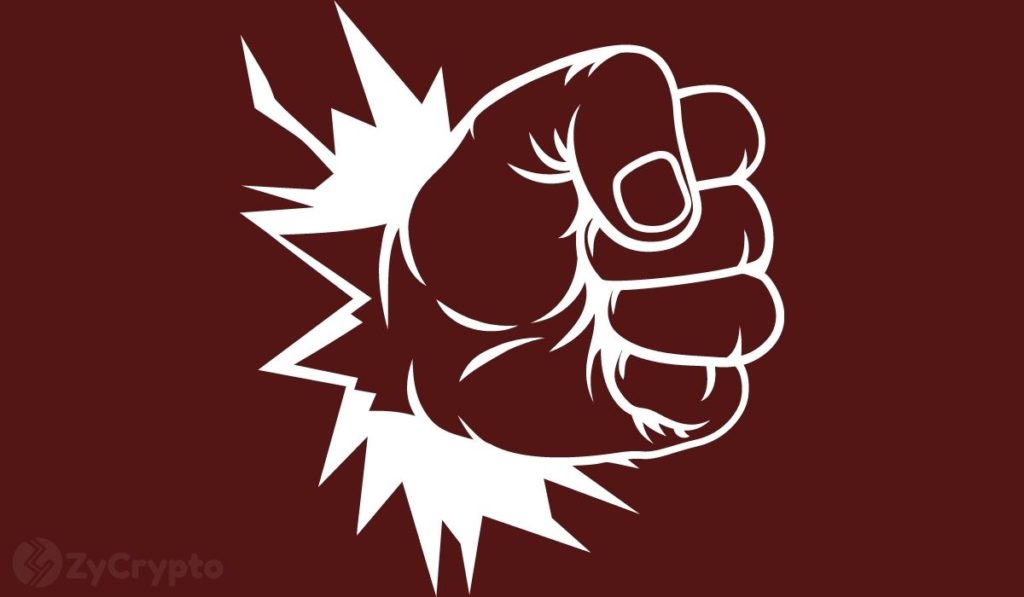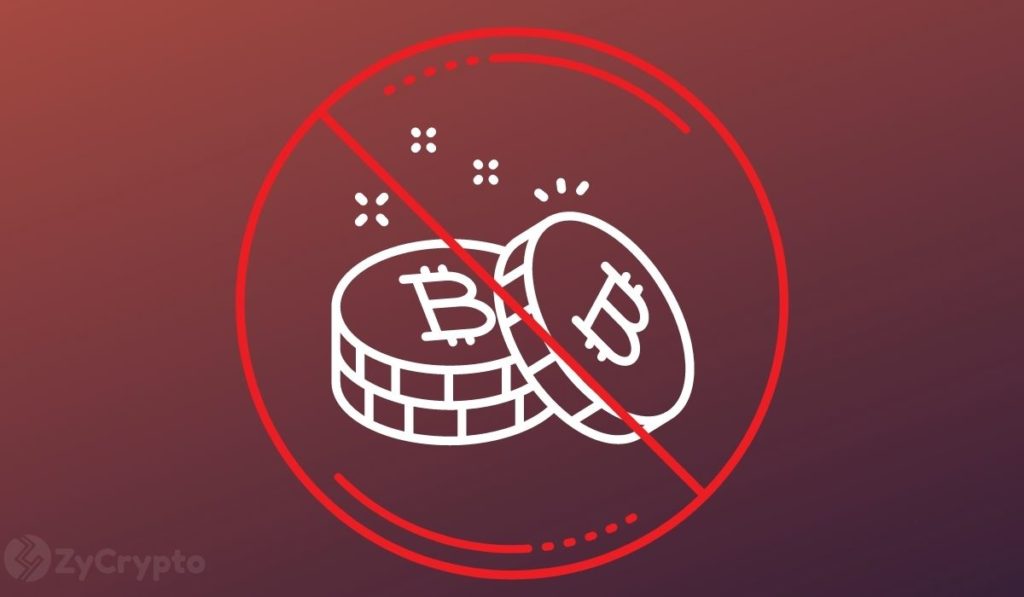2023-3-13 12:00 |
In an effort to avoid the spread of the banking meltdown, authorities have announced the closure of another crypto-friendly bank – New York-based Signature Bank – dealing a severe blow to the crypto industry.
State regulators pulled the plug on Signature Bank on Sunday, March 12 – the third largest failure in U.S. banking history – two days after the government took down Silicon Valley Bank in a failure that left billions of dollars in deposits unclaimed.
The potential clients of these lenders included a number of crypto firms. Signature and Silvergate were both proponents of digital asset liquidity that facilitated swift payments between clients, exchanges, and hedge funds.
FDIC Insures Deposits Up To $250,000As news of Silicon Valley Bank’s difficulties circulated last week, Signature’s anxious business clients began phoning to inquire about the security of their deposits.
As business customers of Silicon Valley Bank, the majority of depositors had more than $250,000 in their accounts, causing many to worry that their deposits were at risk.
The U.S. Federal Deposit Insurance Corporation, which seized SVB, covers deposits up to $250,000 maximum.
Signature, which had $110 billion in assets and nearly $89 billion in deposits at the end of 2022, was taken over by the FDIC, according to the New York Department of Financial Services.
On Friday, Signature had a market value of $4.4 billion. The company’s shares fell more than 20% on the same day and 76% over the past year, the most recent data shows.
Signature Bank Depositors To Be RefundedIn a press release issued jointly by the US Treasury Department and other bank authorities, it is stated that all depositors of Signature Bank and Silicon Valley Bank will be refunded in full and “no losses will be borne by the taxpayer.”
Signature operated a payment network known as Signet that enabled its crypto clients to make real-time dollar payments round the clock.
Major companies like Coinbase joined Signet in October to enable instantaneous fund transfers for their institutional clients.
Now with Signet going up in smoke, it would have a deep impact on users’ capacity to rapidly move funds into and out of exchanges, hence having a serious consequence on the crypto market’s liquidity.
Uncertainty In The Crypto MarketAs cryptocurrency prices rose Sunday night after the federal government provided a safety net for depositors in two banks, the events sparked uncertainty in the stablecoin market.
USDC, a stablecoin created by Circle, lost its peg to the U.S. dollar on Friday, moments after SVB entered FDIC control, as it was unclear how much of the bank’s holdings were truly kept.
Eventually, Circle disclosed that approximately 8% of the money supporting USDC, or $3.3 billion, were kept in SVB.
For its part, Paxos Global, the issuer of the BUSD stablecoin, disclosed that it maintains $250 million at Signature Bank in addition to private deposit insurance that exceeds the cash balance.
At the time of writing, Bitcoin was trading at $22,283, down 9.1% in the last 24 hours, data from crypto market tracker Coingecko shows.
Signature Bank Backed TrumpedSignature had a lengthy association with former U.S. President Donald Trump and his family, providing Trump and his business with checking accounts and financing a number of family endeavors.
During the violent protests on Capitol Hill on January 6, 2021, Signature severed connections with Trump and called for his resignation.
President Joe Biden stated on Sunday evening that Signature Bank’s measures were carried out at his directive and that he would speak on Monday morning concerning the banking industry.
-Featured image from Getty Images
origin »Bitcoin price in Telegram @btc_price_every_hour
Time New Bank (TNB) íà Currencies.ru
|
|











